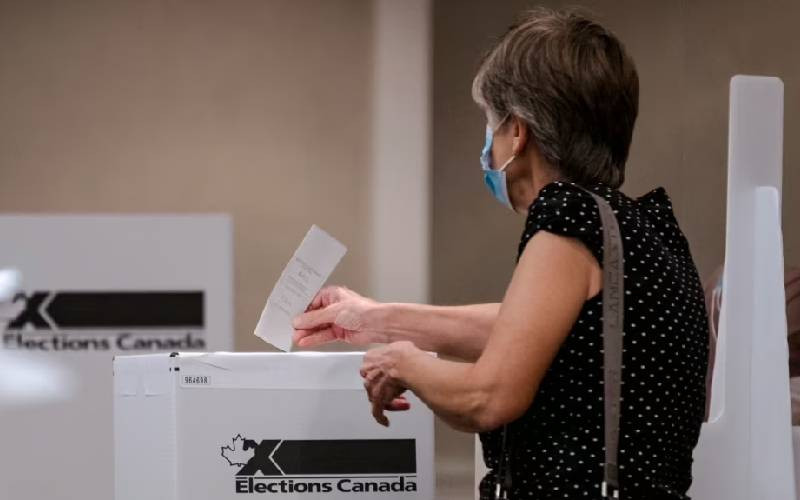
Allegations are mounting that China may have interfered in Canada's most recent federal elections to favor Prime Minister Justin Trudeau and his Liberal Party. One Conservative candidate near Vancouver says a deliberate misinformation campaign led to his defeat in 2021.
Kenny Chiu, a member of Canada's Conservative Party, was elected as member of Parliament for Steveston Richmond-East in 2019. His suburban Vancouver district has a population that is just over 50% ethnic Chinese. In the next election 22 months later, he was defeated by the Liberal Party candidate, who is now the current MP for the constituency.
The 2021 contest saw the Liberal Party improve its numbers in the district by roughly 1,800 votes compared to 2019. Votes for Chiu, on the other hand, dropped by more than 4,400 compared to the previous election.
Beyond the numbers, Chiu noticed a difference in how he was received by voters while campaigning in 2021. He says, in 2019, people were quite welcoming and engaged him in conversation. Not so in 2021.
"Some of them were obviously disturbed, frustrated, and yet some of them are even showing signs of being angry," Chiu recounted. "And at the time, I was quite puzzled. What was that all about? Because, I mean, again, it's only been 22 months and it's during a pandemic."
Chiu, who was born in Hong Kong and immigrated to Canada, said he later found out through Disinfo Watch, Quebec-based McGill University and the Atlantic Council that he was smeared by a disinformation campaign that sought to influence ethnic Chinese voters. He said false rumors started spreading online and on the Chinese instant messaging app WeChat, that the Conservative Party and Chiu himself were going to ban the platform in Canada.
WeChat is the only messaging service that many in Canada's Chinese community can use to communicate with friends and family in China.
Chiu remembered some of the specific rumors: "'He is anti-Chinese. He hates Chinese. He's a traitor.'"